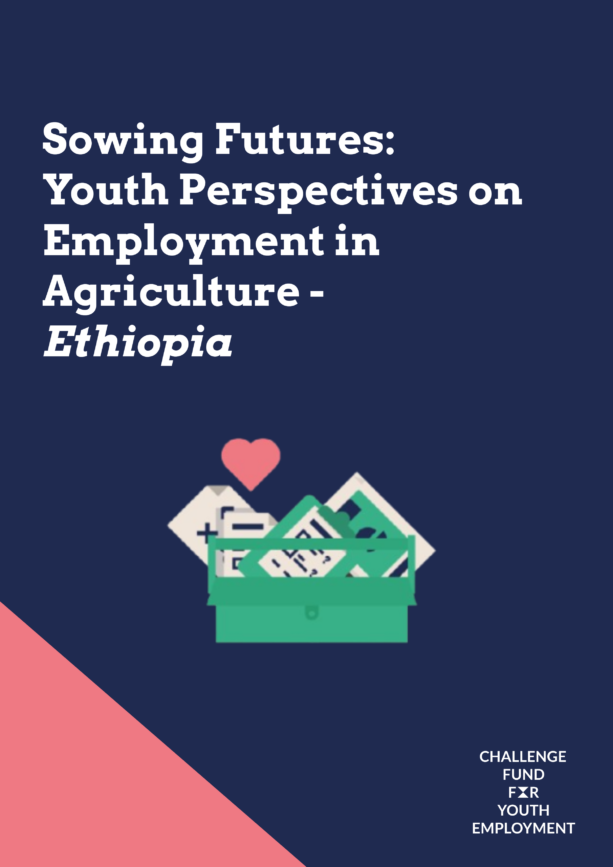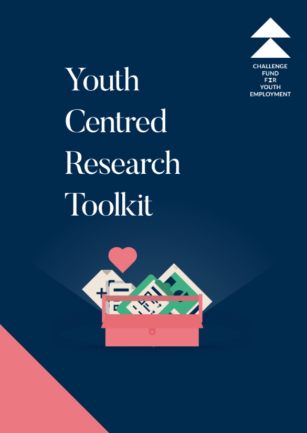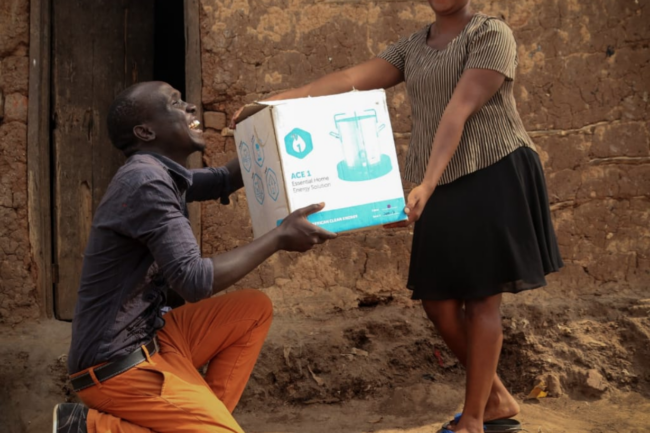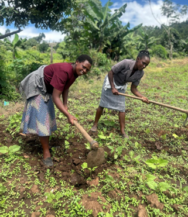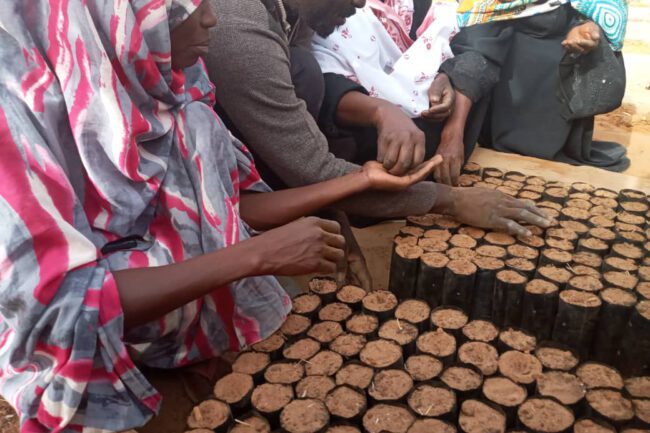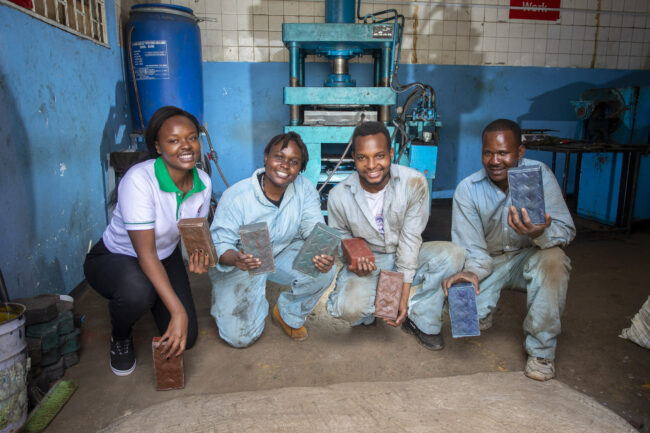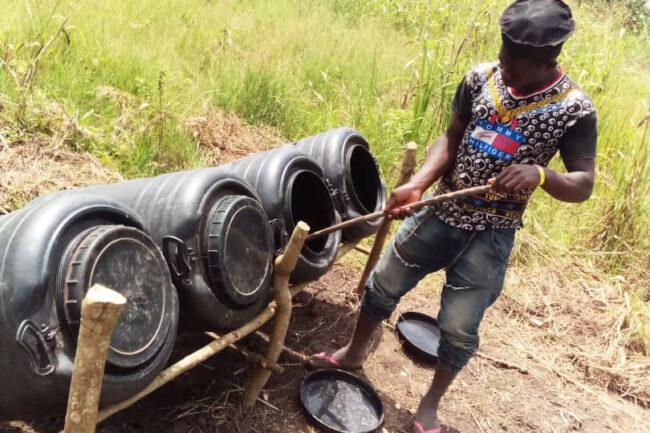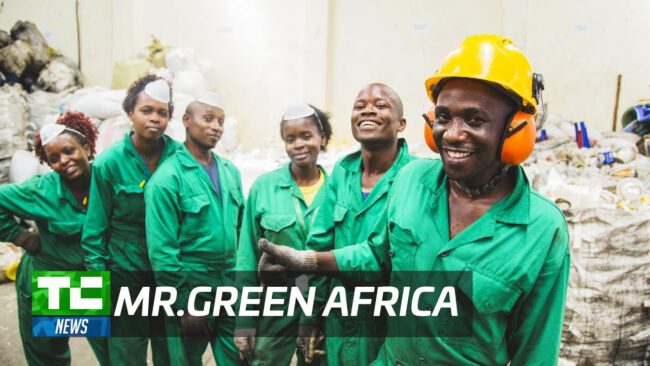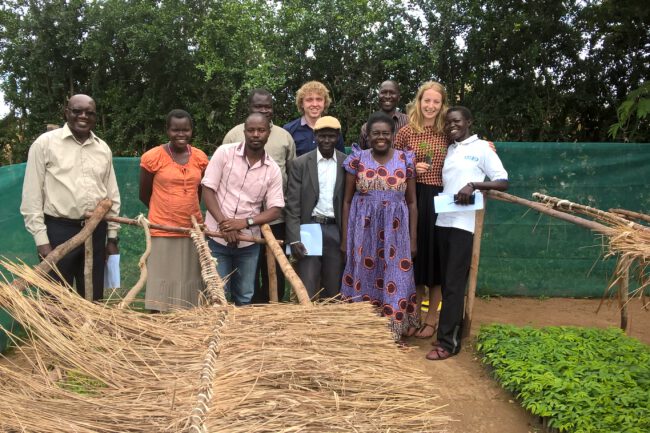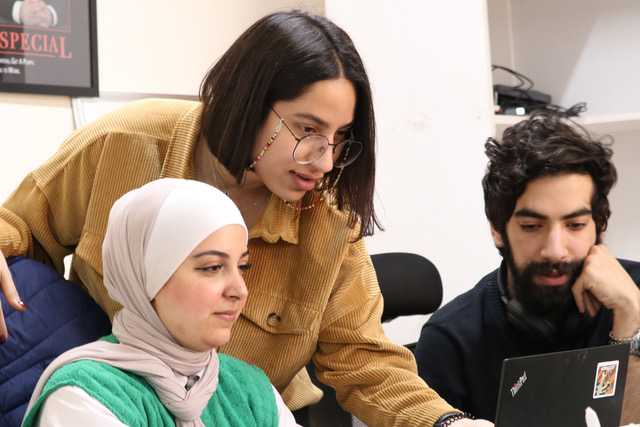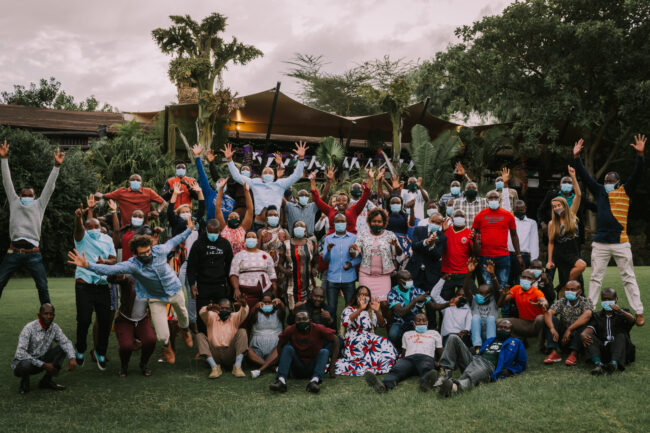Future of Work: Green Jobs in Ethiopia
Youth-centered methodologies are approaches to research, education, and programming that prioritize the voices, experiences, and needs of young people. These methodologies recognize youth as active participants rather than passive subjects, valuing their perspectives, creativity, and agency. They often involve collaborative and participatory processes, where youth are engaged as partners in decision-making, problem-solving, and knowledge generation. Youth-centered methodologies aim to empower young people, foster their leadership skills, and create spaces for them to express themselves authentically, ultimately contributing to more inclusive and effective interventions and policies tailored to their realities.
Understanding the diverse contexts, aspirations and challenges faced by young Africans through youth-centered methodologies allows for more targeted and effective job creation strategies. Understanding the youth perspective ensures that initiatives align with the specific skills, preferences and entrepreneurial ambitions of the youth, maximizing the likelihood of sustainable employment outcomes. As a fundamental aspect of the CFYE mission revolves around not only fostering job creation but also around creating quality employment opportunities, this necessitates a nuanced exploration of what a quality job entails, delving into the multifaceted dimensions of work and life that hold significance for young individuals. Given CFYE’s position at the intersection of youth engagement and private sector involvement, actively soliciting and comprehensively understanding the perspectives, aspirations, and priorities of youth, allows us to better advise and collaborate with private sector entities.
A Youth Centred Research on the Agriculture Sector in Ethiopia
Agriculture has long been the backbone of Ethiopia’s economy, employing a significant portion of the population and contributing to the country’s food security and economic growth. However, in recent decades, the sector has struggled to attract and retain young people.
To address these challenges, the integration of modern technologies into agriculture has emerged as a transformative force. To better understand this shift from the perspective of the youth, we conducted a comprehensive research study using the CFYE’s youth-centered approach.
Our data collection involved:
- 4 Focus Group Discussions (FGDs)
- 20 Key Informant Interviews (KIIs)
- 112 surveys
These research tools were meticulously developed by four young experts during a three-day workshop facilitated by the CFYE.
How does Youth-Led Research look like in practice?
To refine these tools and ensuring they effectively captured the experiences and insights of young people in Ethiopia, a pilot research was conducted. With the purpose of highlighting the potential of modern technologies to revolutionise agriculture in Ethiopia, four youth experts from Ethiopia led the research with the support of CFYE Representatives. Check out the video to see what it looked like!
Full Report: Youth Perspectives on Employment in Agriculture in Ethiopia
This study aims to benefit the CFYE’s Implementing Partners (IPs) working in agriculture by providing them with a clear understanding of the youth perspective on the role of technology in agriculture. By gaining insights into how young people perceive and engage with these technological advancements, IPs will be better equipped to develop tailored strategies and tools to attract and retain young people in the agricultural sector.
Readers should consider that this study assesses the specific context of Ethiopia, particularly the beneficiaries working with the CFYE’s IPs. While the findings offer valuable insights, other variables may apply in different countries. Nevertheless, we share these learnings to provide an understanding of how Ethiopian youth perceive these changes and to demonstrate how the CFYE youth-centred approach can help others derive their own context-specific findings on the same topic. Additionally, to ensure a more comprehensive approach, CFYE will collaborate with INCLUDE to understand the business perspective of this intersection between youth employment, Agri-jobs, and new technologies.
To analyse the intersection between Agri-jobs, youth employment, and technology, we group the information into four categories:
- Challenges and Needs
- Opportunities
- Perceptions and Motivators
- Modern Agriculture and Technologies
Youth-Centred Methodologies Toolkit
The CFYE Youth-Centred Research Toolkit is designed to equip stakeholders with the tools and strategies needed to effectively engage young people in their research processes. This toolkit emphasises the importance of youth participation, ensuring that their voices and experiences are integral to identifying challenges and opportunities. By providing practical guidance on participatory methods, data collection, and analysis, the CFYE aims to foster collaboration and seeks to generate actionable insights that can drive meaningful solutions for enhancing youth employability. This toolkit provides information, advice, and real experiences from youth researchers. The methodology outlined in this toolkit has been developed based on Youth-Centred Research projects implemented by the CFYE.
Our Portfolio in the Green Sector
See how some of our Implementing Partners are using this knowledge to implement a green transformation in the working world.
African Clean Energy (ACE) is a social enterprise tailored to off-grid communities in developing countries. The ACE One grants residential access to clean cooking and basic electricity through an affordable microlending scheme. The emphasis on thermal energy within the program helps combat societal issues.
Cherubet integrates elements of a private sector processor, a social enterprise, and a research organization to devise jobs for women and youth within its value chain. By equipping young workers with the technical skills needed to operate the agricultural machinery they safeguard future working opportunities.
Fair Agro Food develops agri-centers for Sudanese youth to grow tree seedlings and vegetables while providing agroforestry knowledge, services, and inputs. Farmers will obtain thorough training through the digital agri-coach. This business model aims to modernize work processes and offer financial independence.
Habitat for Humanity is steering sustainable development in the construction sector in Kenya. Building meaningful engagement with women and youth through a regenerative and proficient labour market. By creating green job opportunities, this scheme will encourage growth in Kenya’s economic development.
Marula Creative Consultancy (MCC) uses the power of youth experience and storytelling to create positive change in society. As a social enterprise, MCC fuels its services through the innovation of young people. By 2025 Uganda’s organic waste will be regenerated to become animal feed and organic fertilizer.
As a certified B-Corp company, Mr. Green Africa (MGA) delivers a sustainable and enduring vision of how to achieve a positive social, environmental and economic impact. By collecting, adapting and trading post-consumer plastic waste, MGA offers a greener, more formalised value chain to drive its sustainable solution.
Woord en Daad aims to tackle the negative repercussions of poverty by sustainably addressing societal and environmental norms. Trees x Bees facilitates youth employment in rural Uganda through ‘beekeeping-as-a-business’. Our ‘future-proof’ solution fulfills decent green (self-)employment for women.
Mehnati bridges the employment gap in Jordan by providing e-learning seminars, creating work profiles to share with employers, and overseeing apprenticeships. Through its portal, Mehnati uses the combined strengths of the private sector, global multinationals, and local partnerships to facilitate sustainable and decent work.
Sanivation’s treatment plants optimize the potential of organic waste and convert it into biomass fuel, in cooperation with local governments. The project instigates a circular economy approach by incorporating employees who had worked in the informal job sector and integrating them into every stage of their value chain.
As an agro-processor, Meru Greens Horticulture (MG) helps market and develop fresh produce so smallholder farmers can compete in both domestic and export markets. MG separates the pre-processing from Nairobi to rural locations and facilitates learning and training sessions while improving decent working conditions to contribute to the growth of a green economy.

